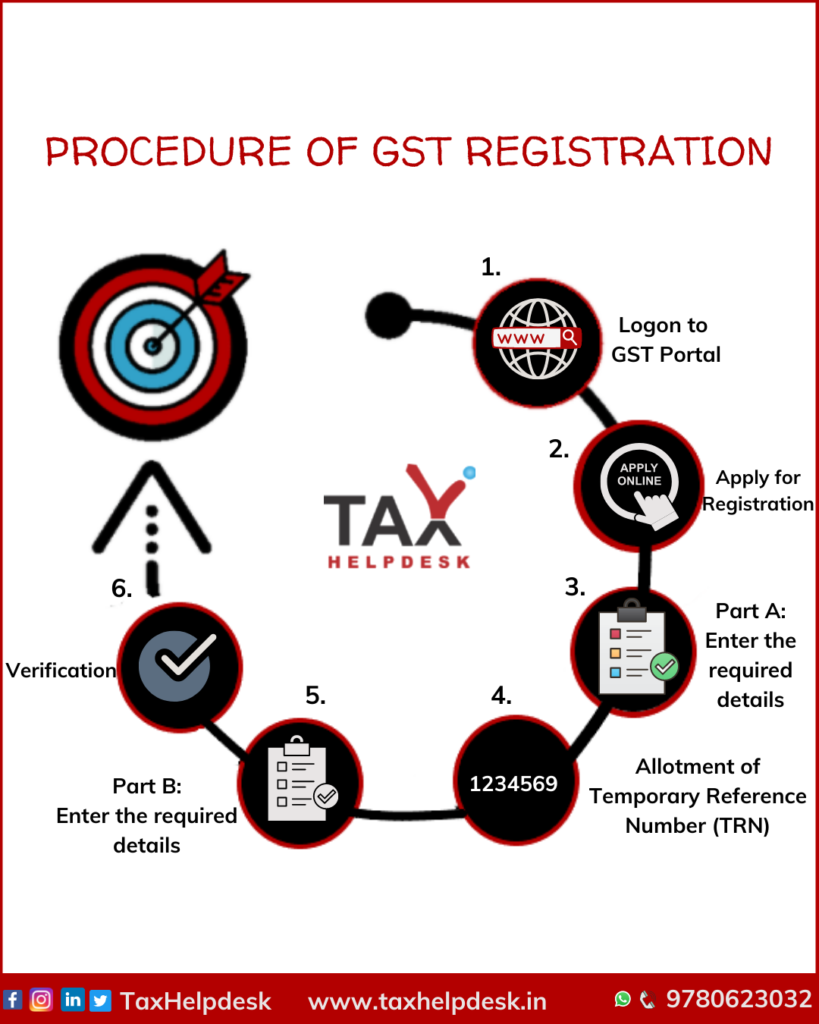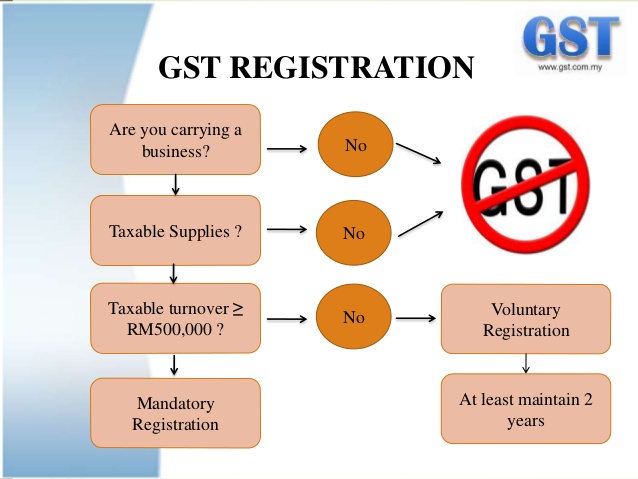Leading Tips for a Smooth Singapore GST Registration Experience
Leading Tips for a Smooth Singapore GST Registration Experience
Blog Article
The Ultimate Guide to Streamlining the GST Enrollment Process and Demands for Small Company Owners

Comprehending GST Fundamentals
To grasp the basics of the Product and Provider Tax (GST) system, small company proprietors need to first comprehend its underlying concepts and ramifications. Under the GST regimen, companies are called for to sign up and collect tax obligation on behalf of the federal government, guaranteeing transparency and compliance.
Among the vital principles of GST is input tax obligation credit report, which permits organizations to declare credit for taxes paid on their purchases. This device stops the cascading result of tax obligations and promotes effectiveness in the tax obligation system. In addition, GST is a destination-based tax, meaning that the tax is imposed at the factor of consumption instead of the point of beginning. This makes sure reasonable distribution of tax obligation revenue amongst states based on where the items or solutions are taken in. Understanding these standard concepts is critical for tiny organization owners to navigate the intricacies of the GST system and make sure compliance with the regulation.
Eligibility Standards for Registration
Having developed a fundamental understanding of GST concepts, tiny company owners have to currently meet particular eligibility requirements to wage the registration procedure. In India, entities took part in the supply of items or services with an annual accumulation turn over exceeding Rs. 40 lakhs (Rs. 10 lakhs for unique classification states) are called for to register for GST. In addition, specific organizations such as those associated with inter-state supply of items, casual taxed individuals, and those needed to pay tax under the reverse fee mechanism must sign up for GST irrespective of their turnover. Companies that were registered under the previous tax regimen (VAT, service tax, and so on) are likewise mandated to sign up under GST. However, agricultural services that only provide create out of main production are excluded from GST enrollment. It is critical for local business owner to very carefully assess their eligibility based upon these criteria to make sure conformity with the law and stay clear of any charges for non-compliance.
Records Required for GST Registration

Simplified Enrollment Refine Actions
Adhering to the collection and verification of the requisite files, the registration procedure for GST can be navigated through a series of streamlined actions developed to promote efficient conformity for small company owners. The primary step involves checking out the GST site and selecting the 'New Enrollment' choice. Subsequently, the candidate should fill in Part A of the GST REG-01 kind with details such as frying pan, mobile number, and email address to get an OTP for confirmation. Once the OTP is received and entered, a Temporary Recommendation Number (TRN) is created for further procedures. The next action calls for submitting Part B of the form with essential business look these up information, submitting sustaining files, and completing the verification procedure making use of DSC or EVC. Lastly, upon effective confirmation, an Application Recommendation Number (ARN) is released, showing the conclusion of the GST registration process. By following these streamlined actions, tiny organization proprietors can properly sign up for GST and ensure conformity with tax obligation laws.
Tips for Ensuring Conformity
To maintain regulatory adherence and operational honesty, diligent oversight and positive procedures are essential in making certain compliance with GST requirements for small company proprietors. Local business owners have to remain updated with GST guidelines, filing due dates, and any type of modifications in tax rates to avoid penalties and maintain an excellent standing with tax obligation authorities. One essential suggestion for conformity is to maintain accurate and thorough documents of all transactions, consisting of receipts, costs, and invoices connected to GST. Consistently integrating monetary records with GST returns can aid in determining and rectifying any inconsistencies without delay. Additionally, carrying out regular inner audits or looking for expert assistance can make certain that the organization is adhering to all GST rules properly. It is additionally important for small company proprietors to buy GST-compliant bookkeeping software program that can enhance the tax obligation declaring process and decrease mistakes. Lastly, participating in GST recognition workshops or training programs can boost understanding and compliance with GST laws, eventually profiting business over time.
Conclusion
In verdict, local business owners need to comprehend the essentials of GST, meet the eligibility criteria, collect essential documents, and adhere to the simplified enrollment process actions to ensure compliance. By streamlining the GST registration process and demands, small company owners can prevent fines and operate their companies smoothly within the Website legal structure - Singapore GST Registration. It is crucial for small company owners to stay enlightened and compliant with GST policies to preserve an effective company operation
Tiny service proprietors looking for GST registration need to guarantee they collect and submit the essential documents to complete the enrollment procedure effectively. The records needed for GST enrollment typically include evidence of company registration or incorporation, PAN (Long-term Account Number) card of the company identification, address and entity proof of the promoters/partners/directors, photographs, address proof of the location of company, bank account statements or terminated cheques, and authorization kinds. Attending GST recognition workshops or training programs can improve understanding and conformity with GST policies, eventually profiting the service in the lengthy run.
By simplifying the GST registration procedure and demands, small organization proprietors can stay clear of penalties and operate their businesses efficiently within the lawful see here now framework. It is critical for tiny organization proprietors to stay enlightened and certified with GST laws to preserve a successful business procedure.
Report this page